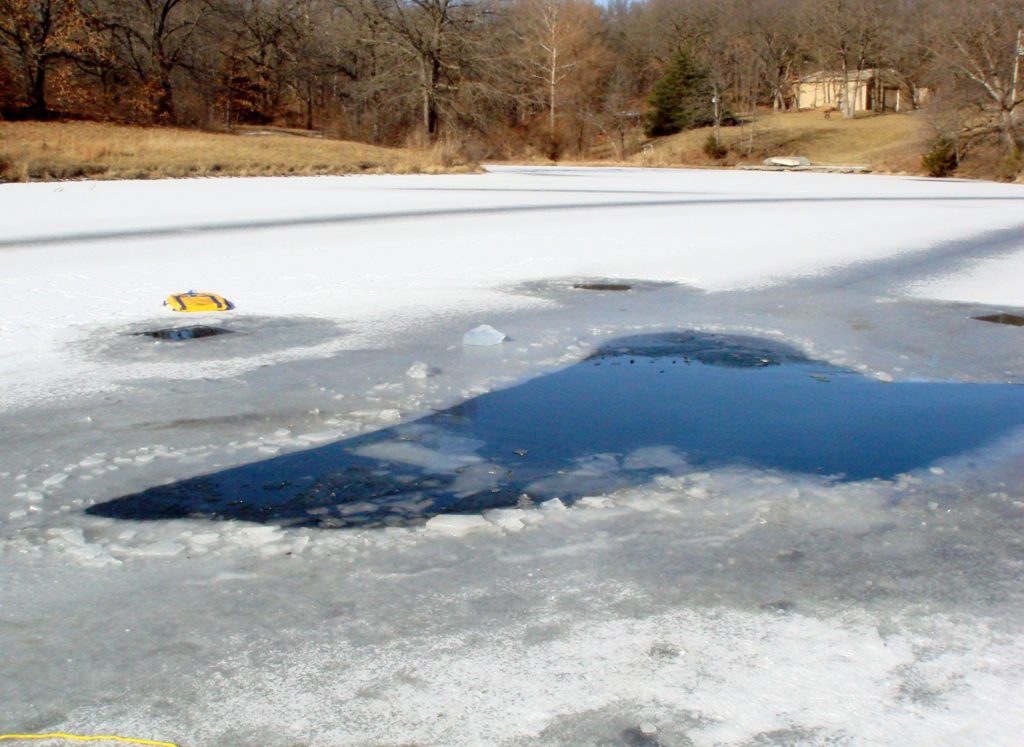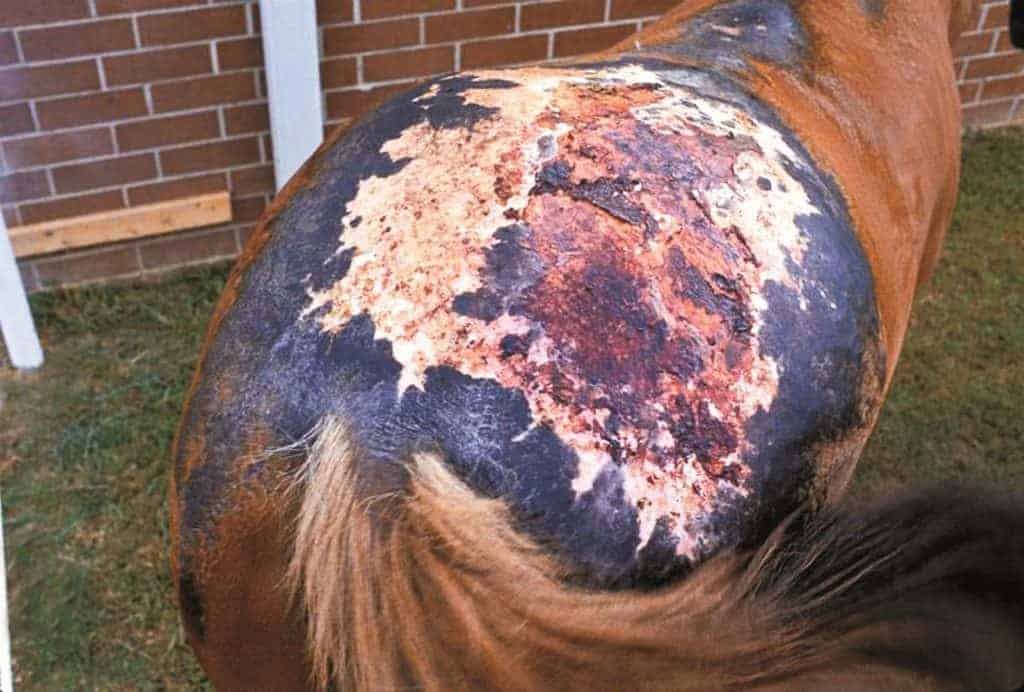
Sunday’s Top Tweets from the 2015 AAEP Convention
Tweets from the Kester News Hour and sessions on wound management, neonatal care, rehabilitation, and more.

Tweets from the Kester News Hour and sessions on wound management, neonatal care, rehabilitation, and more.

After weathering a natural disaster, take steps to reduce your horses’ chances of infection or injury.

Prepare a disaster plan for keeping your horse safe during wildfires, hurricanes, and other emergencies.

Rebecca Gimenez shares how veterinarians and technicians can educate horse owners about first aid.

Here’s what to do if you have a horse-hauling accident and how to avoid a wreck in the first place.
What are your experiences with getting and giving an education about handling horse medical emergencies?

Learn from a critical-care veterinarian what you should do if you suspect a snake has bitten your horse.

Wound care is one of those many horse issues where there are as many opinions as there are horse owners.
Lecture topics will include exercise intolerance, wound care, hoof care, ophthalmology, and more.
The guidelines cover recommended practices for animal rescues, equipment used in such situations, and more.

Here’s a look back at TheHorse.com’s 10 most popular blog posts in 2013. Did your favorites make the list?

A barn’s first-aid kit, with all the essentials in one place, is a great idea for any horse owner.

Protect horses from icy ponds by using barriers such as fences.

A burn requires careful treatment to prevent complications, regardless of severity.
Attendees will learn how to handle horses, assess body condition score, and more.

Horse owners in Oklahoma are assessing their losses while bracing for yet another round of strong storms.
Stay on top of the most recent Horse Health news with
"*" indicates required fields